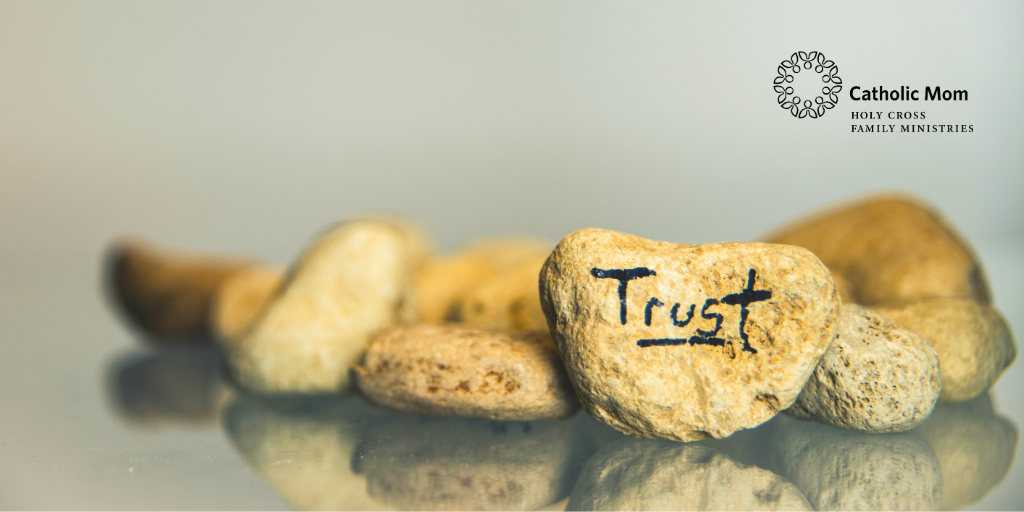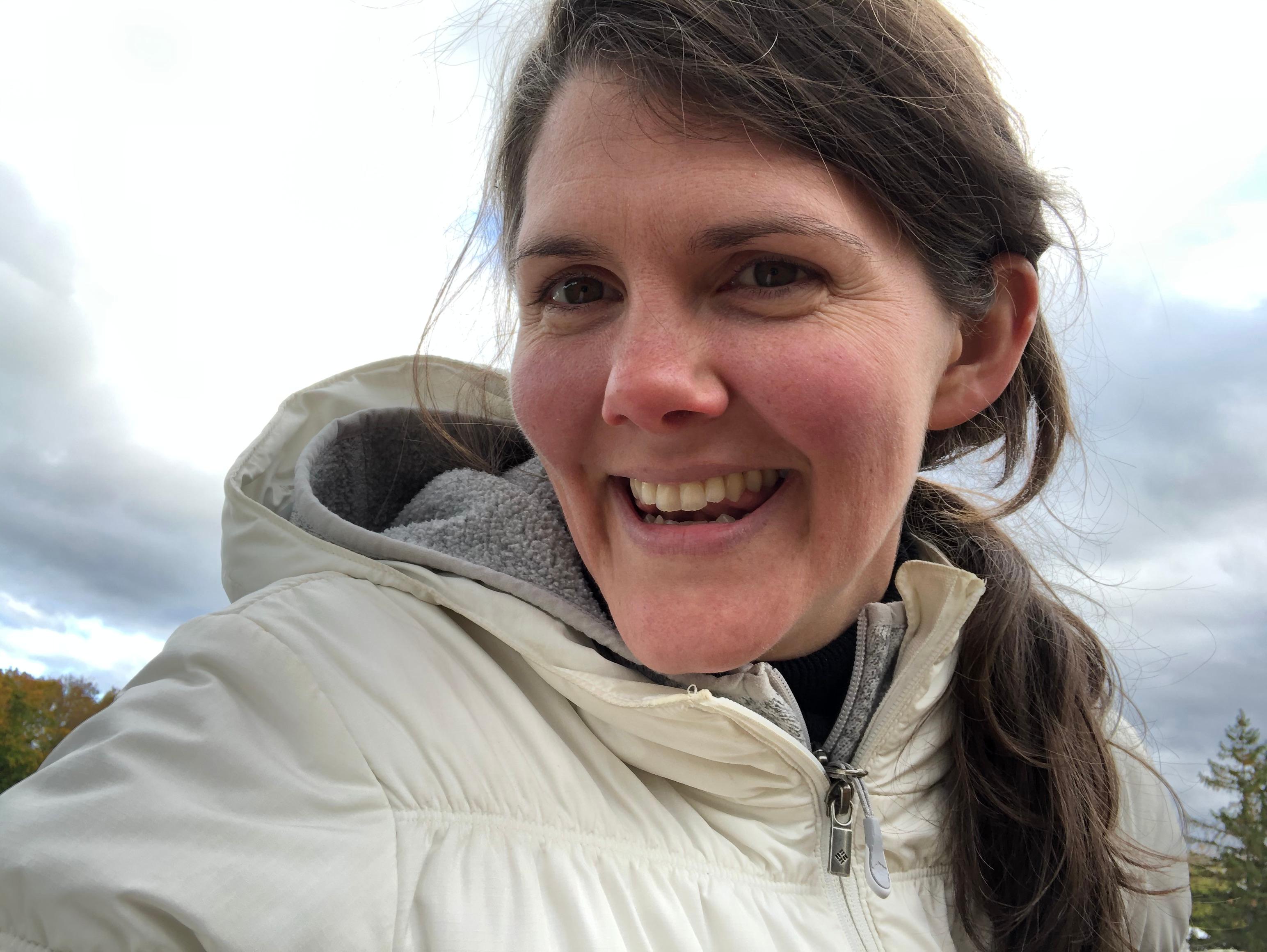
Helen Syski looks at what it means to trust yourself, God, and others.
Tears carved down my cheeks as I washed the bowl and utensils. For some reason I had been dizzy and bone-weary since waking. I had recently bungled multiple communications, and the weekend had brought many delicate social situations with consequential decisions. I was depleted and anxious. In five minutes, a new family was coming over to get acquainted. It didn’t promise to be a success.
I needed to reground, but the anxiety was not draining away with prayer or intentional breathing. My trusts had become fragile and therefore broken. After the guests had left, I pondered what it means to trust.
Trust in Myself
At times I find my mind or soul or body failing me where I am used to counting on them. The humiliation and fear can dissolve the glue holding me together. I need to remember that humility’s roots are in humiliation … and that is OK. Humility watered by God’s grace will stabilize the soil of our soul.
We are His handiwork, created in Christ Jesus for the good works that God has prepared in advance. (Ephesians 2:10)
We are just right for the tasks that God wishes for us to complete, and since God is the Master Creator, that includes our defects. A sheet of paper is perfect for writing on, but it cannot drive a nail into a piece of wood. Humility is ultimately self-knowledge, living in reality, knowing that we are God’s work and not our own. Trust in myself is not in my success, but rather in God’s creation of me. It is trust that He doesn’t make mistakes, that He has made me good, and He speaks to me through my own experiences (which is sometimes, “Lie down and take a nap!” or “Ask for help!”).
Trust in God
When my trust in God is on shaky ground, my own fragility is overwhelming. Ever tried to stack cards in a pyramid on a shaky table? Success is very short lived, especially with kids around!
Trust in the Lord forever! For the Lord is an eternal Rock. (Isaiah 26:4)
We are too shaky to build our lives on anything less than God’s eternally perfect goodness. When we trust in God, we are trusting that He will never leave us. We are trusting that everything around us, everything that happens to us, every mistake and failing of our own, all of it is accounted for in His plan. We cannot outrun — or out-stumble — God’s grace.

Trust in Others
I cannot thrive without living in a web of relationships. I am a relational being who must love and be loved, who can only live well when I live at the crux of paradox, deep in the land of Both/ And. I must be both dependent and independent. My marriage must live at the dynamic moment of two becoming one, being both one and two at the same time.
When I look around and lose sight of the goodness of others, I crumble in on myself, because I have nowhere to turn for connection, no one to count on in my trials. When I see each and every person as a child of God, made in His image and called good, I can see His facets glittering all around me and can engage with the world I live in.
Live in a manner worthy of the call you have received, with all humility and gentleness, with patience, bearing with one another through love, striving to preserve the unity of spirit through the bond of peace. (Ephesians 4:1b-3)
In our fallen world, trusting others must be prudently founded on forgiveness and compassion. Trust in others is not trusting they will not hurt me, but trusting their intentions are good. In relationships I build and deepen, I am trusting that there will be I’m-sorry and I-forgive-you; this person will reengage for healing, will seek out what goodness I have even when I fail. I am trusting that there will be healing and growth through God’s grace.
Transitions
Ever been on a boat and then step onto dry land? Everything in you is still in motion even though what you are standing on is still and solid. You are woozy and disoriented and might think you’d rather get back on the boat.
When we find our grounding in God a similar transition needs to occur, and our strange preference for what-we’re-used-to can entice us to dive back to the boat in the storm-tossed sea.

Take a few slow breaths and allow the steadfastness of the Eternal Rock to seep in.
Then stay a while sister. We live better on the Eternal Rock.
Share your thoughts with the Catholic Mom community! You'll find the comment box below the author's bio and list of recommended articles.
Copyright 2025 Helen Syski
Images: Canva
About the Author

Helen Syski
Helen Syski is co-founder of the Kiss of Mercy Apostolate, a Little Way to heal the world from abortion. A life-long New Englander and Harvard grad, Helen enjoys all four seasons and apple pie with her husband, children, and Labrador retriever. Continue the conversation at AdequateAnthropologist.com.


.png?width=1806&height=731&name=CatholicMom_hcfm_logo1_pos_871c_2728c%20(002).png)
Comments